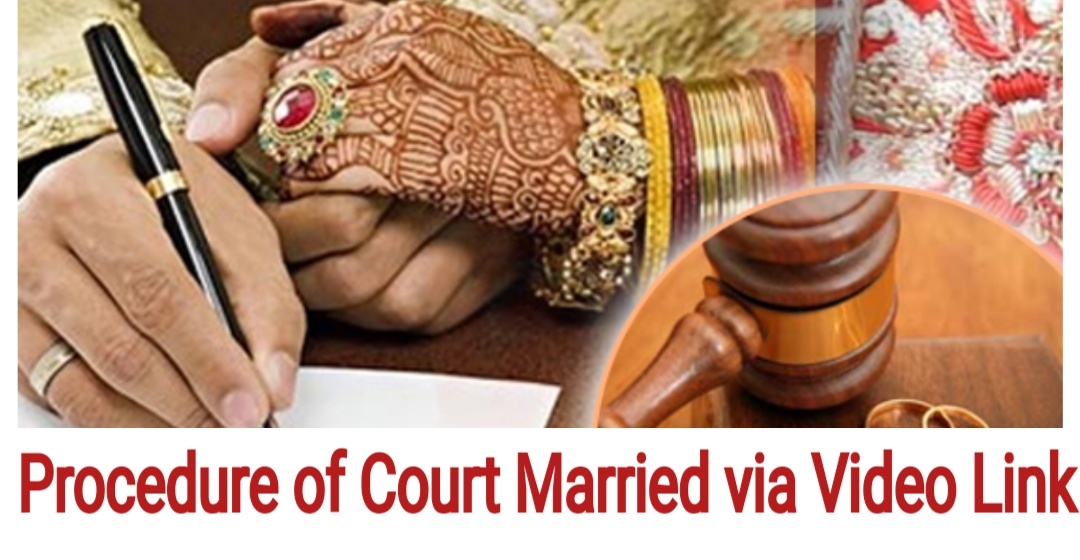Introduction:
In the era of globalization and advanced technology, court marriages in Pakistan have evolved to accommodate couples who are not physically present in the country or prefer a virtual ceremony. This article provides a comprehensive guide on how court marriages can be performed via video link and the procedure for international couples seeking to get married in Pakistan.
1. Court Marriage via Video Link:
With the advancement in communication technology, court marriages in Pakistan can now be performed via video link, allowing couples to participate in the ceremony remotely. This option is particularly beneficial for individuals who are unable to travel or prefer the convenience of a virtual ceremony.
2. Procedure for Court Marriage via Video Link:
a. Eligibility and Documentation:
– Both parties must be of legal age, with females being at least 16 years old and males at least 18 years old.
– Both individuals must have valid identification documents, such as passports or national identity cards.
b. Appointment with the Registrar:
– The couple should contact the concerned marriage registrar and request an appointment for a video link court marriage.
– The registrar will provide information about the required documents and the date and time for the virtual ceremony.
c. Video Conference Setup:
– On the scheduled date and time, the couple and the witnesses must join the video conference as per the registrar’s instructions.
– The registrar will verify the identity of all participants and ensure that they are eligible for court marriage.
d. Declaration and Consent:
– In the presence of the registrar and the witnesses, the couple will make a declaration confirming their consent to marry each other.
– The registrar will proceed to solemnize the marriage, and the couple will sign the marriage register electronically.
e. Issuance of Marriage Certificate:
– After the virtual court marriage is complete, the registrar will issue an electronic marriage certificate to the couple.
3. International Court Marriage Procedure:
a. Eligibility and Documentation:
– International couples seeking court marriage in Pakistan must meet the eligibility criteria mentioned earlier.
– Both parties must provide valid identification documents, along with any additional requirements for foreign nationals.
b. Appointment with the Registrar:
– The couple should contact the marriage registrar in Pakistan where they wish to get married and inquire about the procedure for international court marriages.
c. Visit Pakistan or Appoint an Attorney:
– Depending on the registrar’s requirements, the couple may need to visit Pakistan to appear before the registrar in person.
– Alternatively, they can appoint an attorney or a representative to act on their behalf in Pakistan.
d. Follow the Court Marriage Procedure:
– The couple or their representative will need to follow the standard court marriage procedure outlined in the previous section.
Conclusion:
Court marriages in Pakistan have evolved to cater to the changing needs of modern couples. With the option of video link ceremonies and the possibility of international marriages, couples can now legally solemnize their unions even if they are not physically present in Pakistan. However, it is crucial to ensure compliance with all legal requirements and seek professional legal advice when dealing with cross-border marriage matters. By following the prescribed procedures, couples can celebrate their love and commitment through court marriage in a convenient and legally sound manner. you can contact Lawyers of Pakistan our professional team will proceed with your court marriage expediosityly.
2024 MLD 1363
2024 MLD 1363 Section 489 – F , Penal Code , 1860 ( P.P.C. ) , was brought on the statute for the purpose of awarding punishment to the person , who issues the cheque




0 Comments